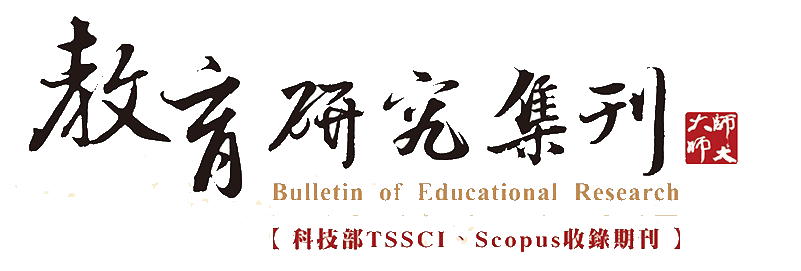| 篇名 |
論海德格「認識論」
更多文章
|
|---|---|
| 作者 | 鄭重信 |
| 中文摘要 | 現代哲學可說開始於笛卡兒(Descartes)的認識論。笛卡兒探討「認識」據以形成的可靠基礎,而考察「意識」。他的「意識哲學」給「認識」以明確出發點,並內藏著「人類學」問題後來成為哲學中心問題的可能性,而影響有關作為「認識主體」的人的看法。笛卡兒的認識論建立於「意識」內確定、自明的自我確信(我思故我在)。他在一種純粹思想中看到「認識」的根本基礎。這是終極的、單純的與孤立的據點。從此出發點,「認識」體系可以一歩歩被建立起來。這種有關「認識」基本出發點的想法,影響蘇比諾莎(Spinoza)、萊布尼茲(Leipiniz)、康德(Kant)等人的思想(註二)。這也是數學的、現代自然科學藉以形成理論體系的方法之一。 |
| 英文摘要 | In this paper the writer centers his analysis on the epistemology of Heidegger ─ with special reference to his concept of the “worldhood of the world”, but also draws on the pertinent thought of other philosophers ─ particularly Dithey, Bergson, Dewey, and Hussel. The paper consists of three separate but interrelated parts.The first part, which begins with a presentation of philosophical development from Descartes to Husserl, traces the change in the concept of “world”, along with the change in subject╱object relation and theory╱praxis relation, and fixes Heidegger’s place in the historical context. A closer look at this development reveals that Heidegger shares with other philosophers I emphasis on the primary of life ─ world, man and praxis, but differs with regard to substance of the concepts.The second part deals with Heidegger’s epistemology in details. Following an introduction with background to the concept of “concernful dealing”(derbesorgende Umgang)of “Being in the world”, Heidegger’s thoughts about condition of possibility of knowledge, process of cognizance, “mode of understanding of world”(Weltvenstaendnisweise), and nature of knowledge are treated. In this treatment the concept of ‘equipment”, “something in order to”, “involvement”, “readiness─to─hand”, “present─at─hand”, “disturb of assignment”, “conspicuousness”, “obstrusiveness”, “obstinacy”, “deficiency”, “circumsspection”, “for ─ having”, “for ─ sight”, “for ─ conception”, and “interpretation” are fully explored in terms of interrelationship.The third part is devoted to a critical assessment to Heidegger’s theory of knowledge. The writer elaborates Heidegger’s homogeneousness with modern thought and his admirable contribution to modern epistemology. The paper goes on to stress that there are certain problems with Heidegger’s approach. Since Heidegger is deeply and merely concerned with an immediately experienced world and passively knowing subject, and always goes back to what taken for granted in the pregiven world, such an attitude neglects other world paralled to or grounded on the world which Heidegger has in mind, denies human action its active knowledge ─ formative role and thus turns out to be one ─ sided, narrow and reactionary. The conclusion is that Heidegger’s epistemology, despite its great deserts, is partial and insufficient. |
| 起訖頁 | 19-31 |
| 刊名 | 教育研究集刊 |
| 期數 | 198606 (28期) |
| 出版單位 | 國立臺灣師範大學教育學系 |
| 該期刊-上一篇 | 我國教育思想的哲學基礎 |
| 該期刊-下一篇 | 教育學科學性之詮釋學分析 |








